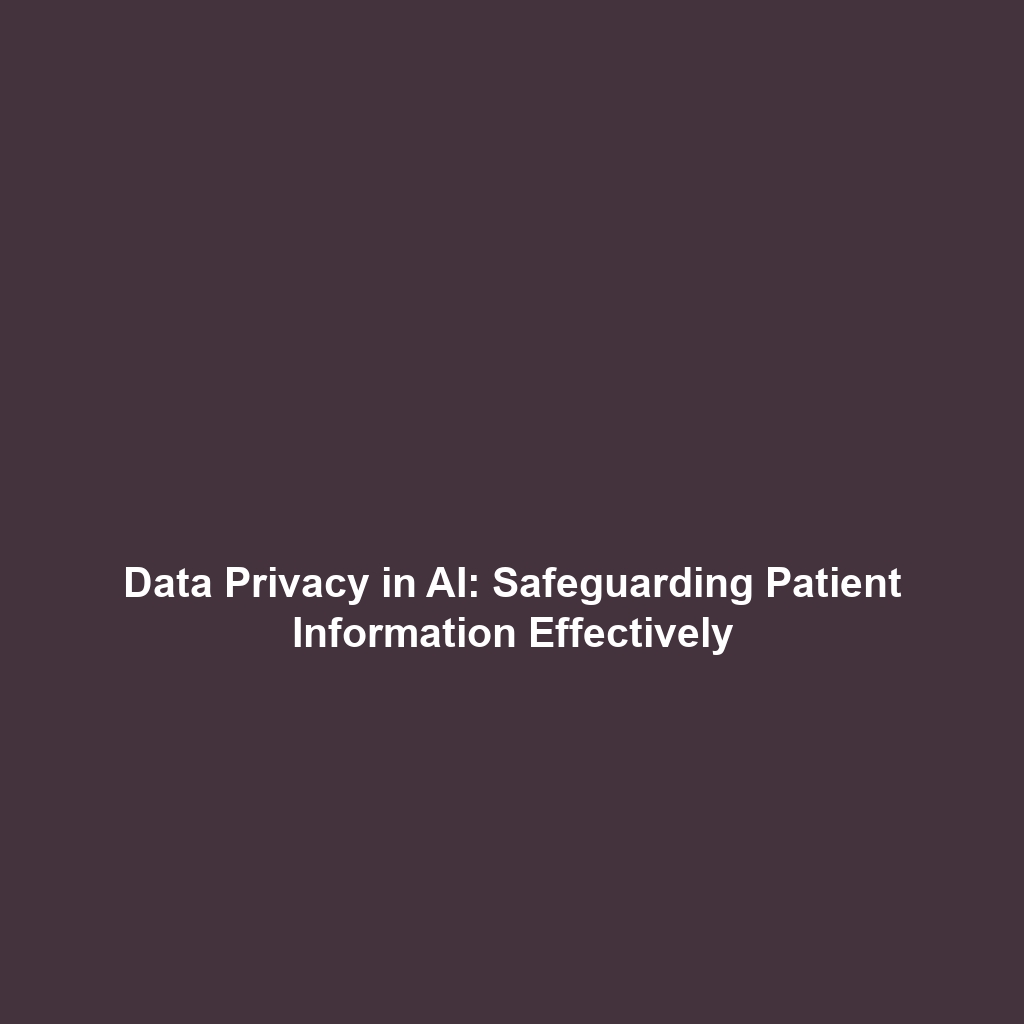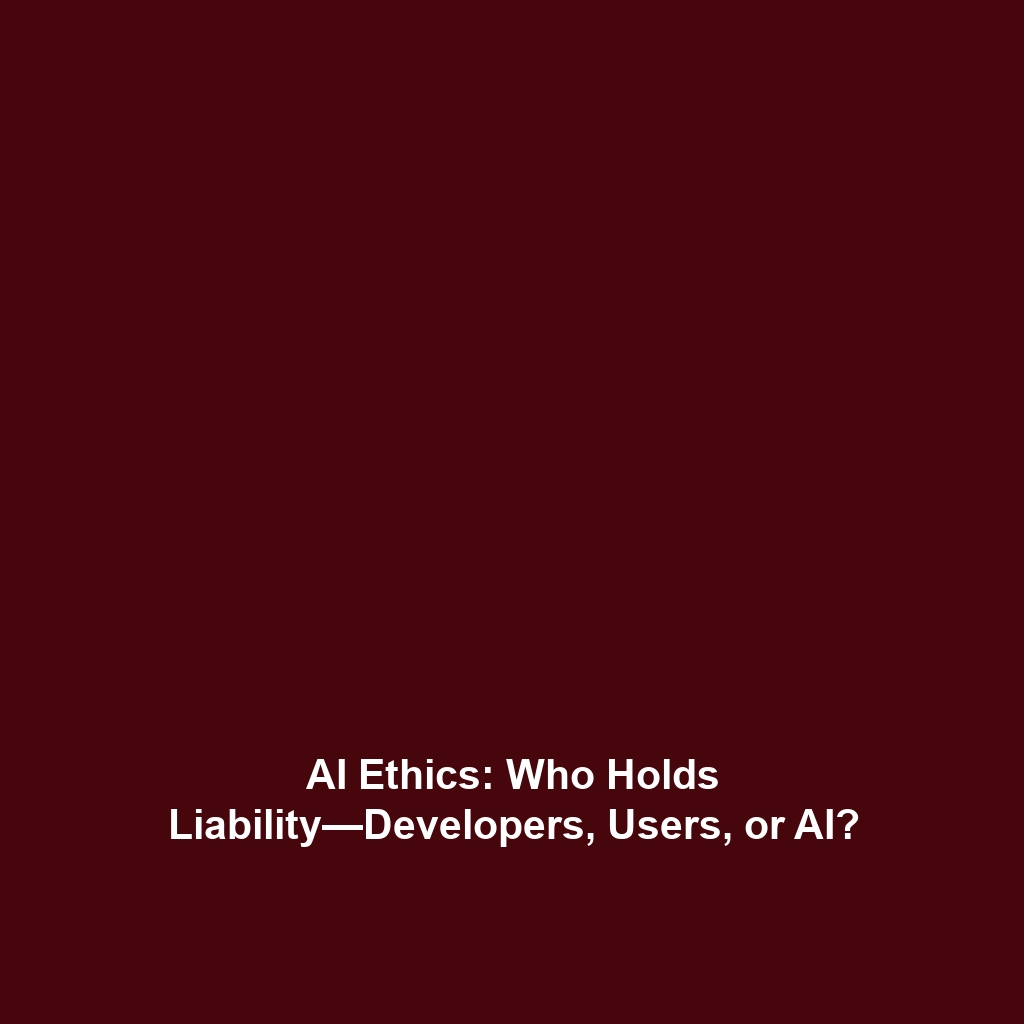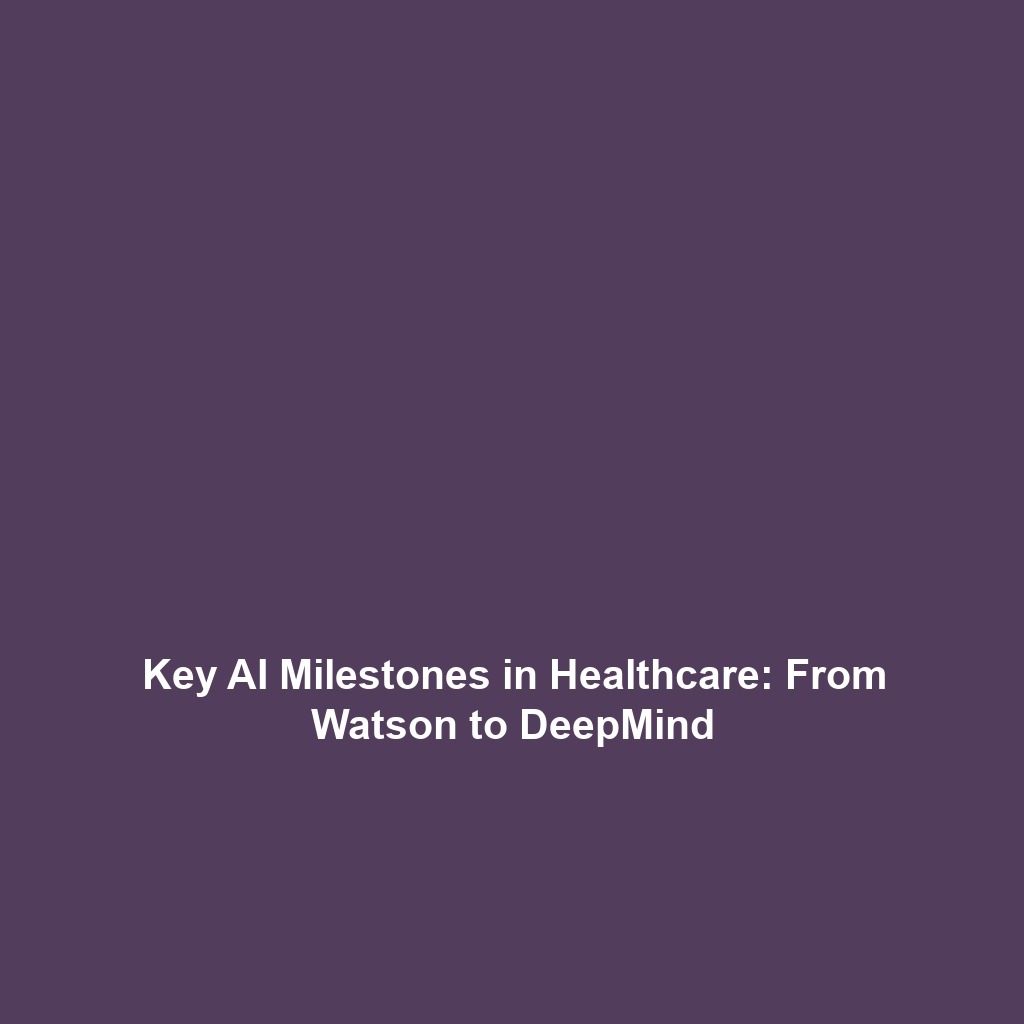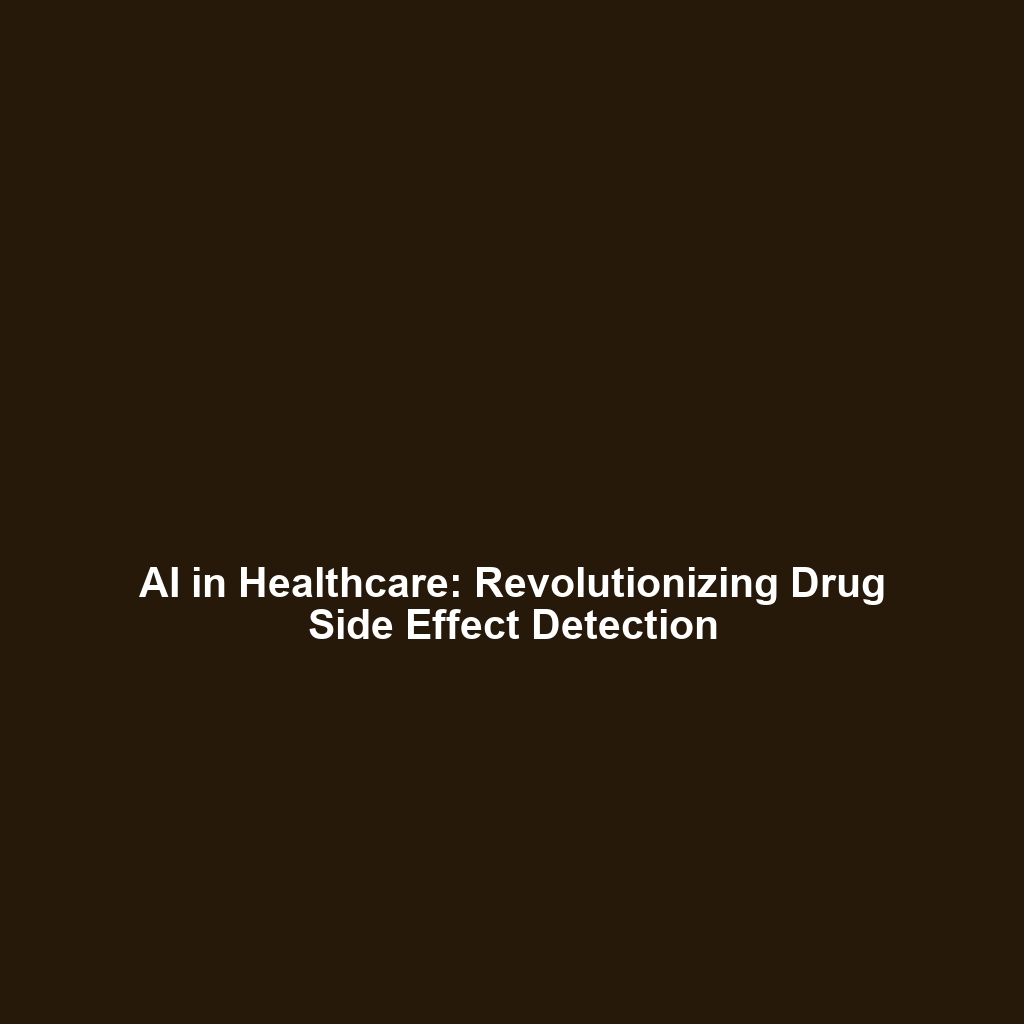Ethical and Logistical Challenges in Building Personalized Medicine Programs
The advent of personalized medicine represents a paradigm shift in healthcare, influenced significantly by the discoveries from the Human Genome Project. However, embarking on such transformative approaches involves complex ethical and logistical challenges. This article delves into the intricacies surrounding the implementation of personalized medicine programs, highlighting their significance and the hurdles that healthcare providers and researchers face.
Key Concepts
Understanding the ethical and logistical challenges in building personalized medicine programs requires a grasp of several core concepts:
- Informed Consent: The necessity for clear communication with patients regarding how their genetic information will be used.
- Data Privacy: Safeguarding sensitive genetic data against unauthorized access and potential misuse.
- Access to Care: Ensuring equitable access to personalized medicine, regardless of socio-economic status.
- Integration into Clinical Practices: The logistical challenges of integrating genetic testing and analysis into traditional healthcare systems.
These concepts are rooted in the findings of the Human Genome Project, which has laid the groundwork for genomic medicine and personalized treatment strategies.
Applications and Real-World Uses
The implications of addressing ethical and logistical challenges are critical for the real-world application of personalized medicine. Here are some key examples:
- Tailored Treatments: How personalized medicine programs use genomic data to tailor treatments for conditions like cancer, improving effectiveness and reducing side effects.
- Preventive Healthcare: Applications of genetic screenings in identifying predispositions to diseases, allowing for proactive management of health.
- Pharmacogenomics: The usage of genetic information in determining the right drug and dosage for individual patients, enhancing therapeutic outcomes.
These examples underline the importance of navigating ethical and logistical concerns to harness the full potential of the Human Genome Project in developing effective healthcare solutions.
Current Challenges
Despite the advancements, several challenges persist in studying and applying personalized medicine programs, including:
- Regulatory Compliance: Navigating the complex landscape of healthcare regulations can be daunting.
- Cost of Implementation: High costs associated with genetic testing and interpretation are barriers to widespread adoption.
- Public Awareness: Limited understanding among patients regarding the benefits and implications of personalized medicine.
- Technological Integration: Issues in integrating advanced genomic technologies into existing healthcare systems.
Future Research and Innovations
Future research in personalized medicine aims to overcome existing challenges through innovative solutions. Key areas of focus include:
- Artificial Intelligence: Leveraging AI for improved data analysis and personalized treatment recommendations.
- Expanded Genomic Databases: Developing comprehensive databases to enhance genetic research and understand disease mechanisms better.
- Patient-Centric Models: Fostering models that prioritize patient engagement and allow for co-design of personalized treatment plans.
These innovations will help redefine the landscape of personalized medicine, driving further alignment with the foundational work of the Human Genome Project.
Conclusion
In summary, addressing the ethical and logistical challenges is paramount to the successful implementation of personalized medicine programs. By understanding these challenges within the context of the Human Genome Project, stakeholders can work towards more effective and equitable healthcare solutions. For further reading, visit our pages on genomic ethics and healthcare innovations.





